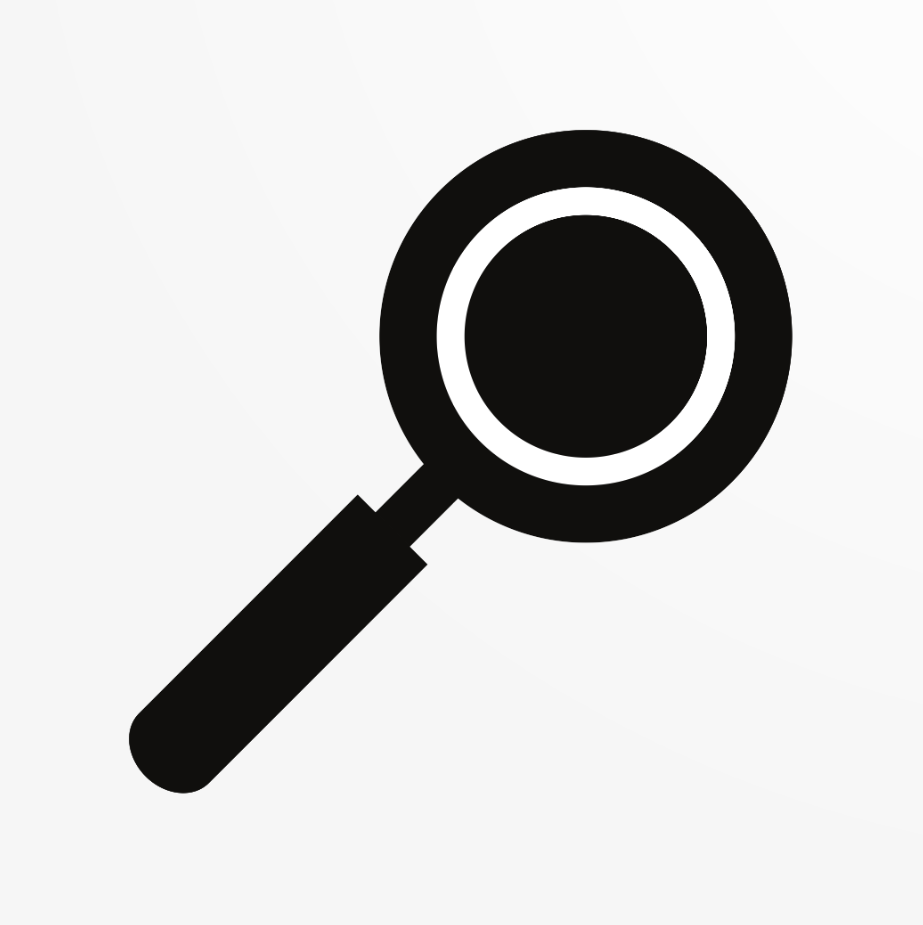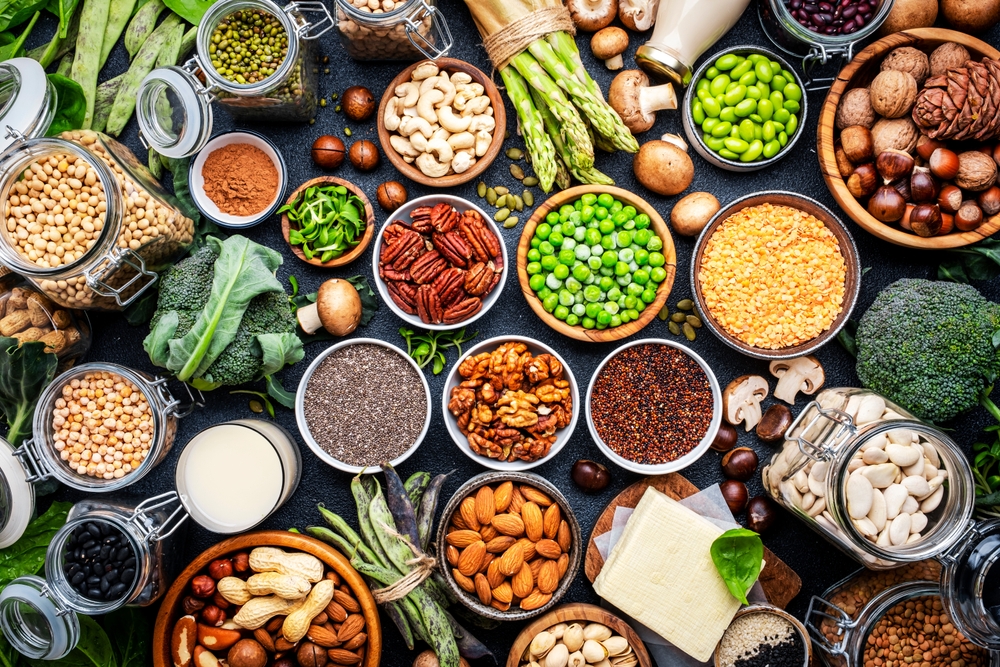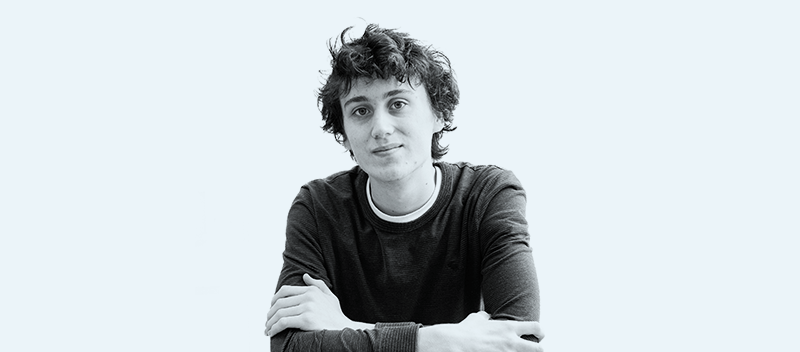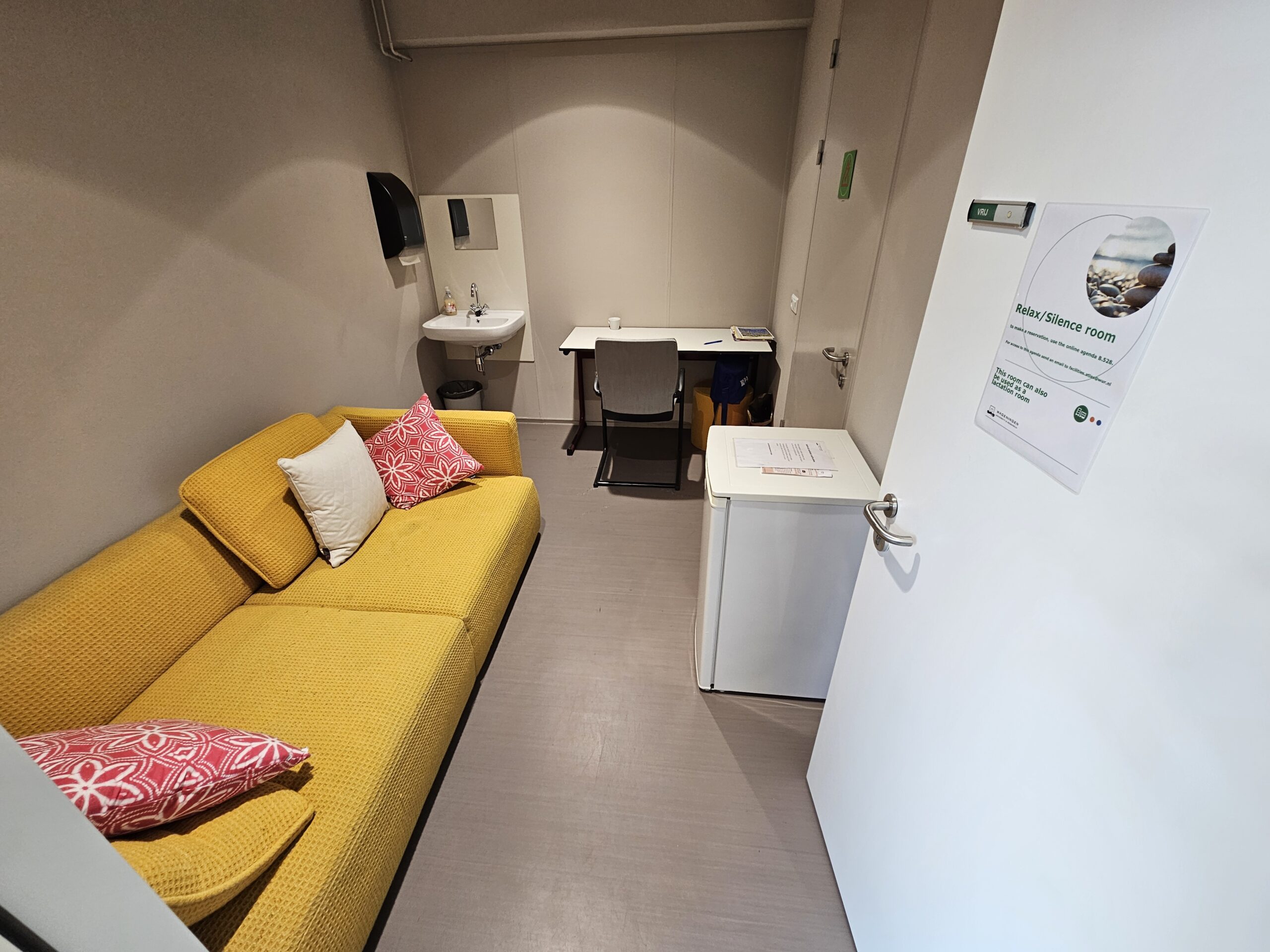On 23 April Resource published a factcheck that turned out to contain errors, which were pointed out by several readers and by the Worldwide Fund for Nature (WWF) in tweets and emails. The factcheck has been duly adapted. The revised version follows below and replaces the earlier version.
The main changes concern the statement by the livestock feed sector organization Nevedi that all soya imported by the Netherlands meets strict sustainability criteria. This turns out to be inaccurate. Moreover, the figures in question are not just about soya for livestock feed but also about palm oil, coffee, meat etc.
The revised fact check follows below.
Dutch farmers are responsible for a lot of global deforestation, wrote Dutch newspaper De Volkskrant on 14 April following a report by WWF. In the Facts section, we check whether this is correct.
The issue
The Volkskrant article was prompted by a report published by the international nature organization WWF. ‘The report shows that the Netherlands is one of the biggest European importers of soya. Dutch farmers use soya as animal feed, which is ultimately re-exported as meat. It is alleged that this makes the Netherlands responsible for the clearance of nearly 30,000 hectares of virgin forest and other forms of nature every year.’
WWF published a previous report on deforestation three months ago. Then too, the WWF press release and various media drew a link between deforestation and the use of soya-based animal feed in the Netherlands. WUR researcher Niki de Sy, who supplied information for the WWF report, called that analysis ‘correct but one-sided’.
The facts
Point one: WWF presented deforestation figures for the period 2005 to 2017. In that period, about five million hectares of nature were turned into farmland every year. What caused this deforestation, according to the report? About one third of the new farmland was used to grow soya for animal feed, and two thirds was used for other agricultural products such as palm oil, coffee, cocoa and beef. Point two: The Netherlands – Rotterdam harbour – imports about eight million tons of soya per year, six million of which is re-exported to other countries, with two million destined for Dutch livestock farming. WWF bases its calculations on those two million tons of livestock feed. About one third of this is feed for milk, yoghurt and meat sold in Dutch shops; the other two thirds is destined for export. According to the WWF, the total imports of agricultural products by the Netherlands are behind 30,000 hectares of deforestation per year, with soya (see point one) accounting for 10,000 hectares.
Point three: The Netherlands imports sustainable livestock feed too. According to the Dutch livestock feed sector organization Nevedi, all the soya used in the Netherlands for livestock feed meets strict sustainability criteria. But that is only partially true. About 60 per cent of the livestock feed meets the sustainability criteria of the Round Table on Responsible Soy (RTRS), while about 40 per cent of it meets the EU Soy Sourcing Guidelines of the European livestock feed organization FEFAC. These guidelines are less stringent, requiring that growers stay within the law – so no illegal deforestation – but accepting legal deforestation. So 60 per cent of the soya imported by the Netherlands is sustainable, but 40 per cent may be linked with deforestation.
What makes the relationship between deforestation and the sustainability of soya imports for livestock feed in the Netherlands so unclear and complex? RTRS awards certificates to soya farmers whose soya cultivation meets sustainability criteria. Dutch livestock feed companies buy that certificate, thus rewarding the sustainable Brazilian farmer. This purchase is separate from the trade in soya, however. When a cargo of soya arrives in the Netherlands, it might have come from anywhere – including a recently deforested area. The same goes for soya approved by FEFAC. These are accounting systems.
What the WWF wants to achieve through its report is for all livestock feed imports to meet the stricter RTRS rules. They also want to see the RTRS and FEFAC accounting systems replaced by rules than monitor the physical movement of soya from Brazil to the feed silos in the Netherlands. That way you know for sure that the livestock feed imports do not lead to deforestation. This has implications for the Dutch livestock feed sector because farmers would have to use tracking and tracing in order to be sure where their soya is from.
Conclusions
Global deforestation continues at a shockingly high rate. The EU can do something about it by making all its soya imports sustainable. But you cannot say on the basis of this report that Dutch livestock farmers contribute to large-scale deforestation.




